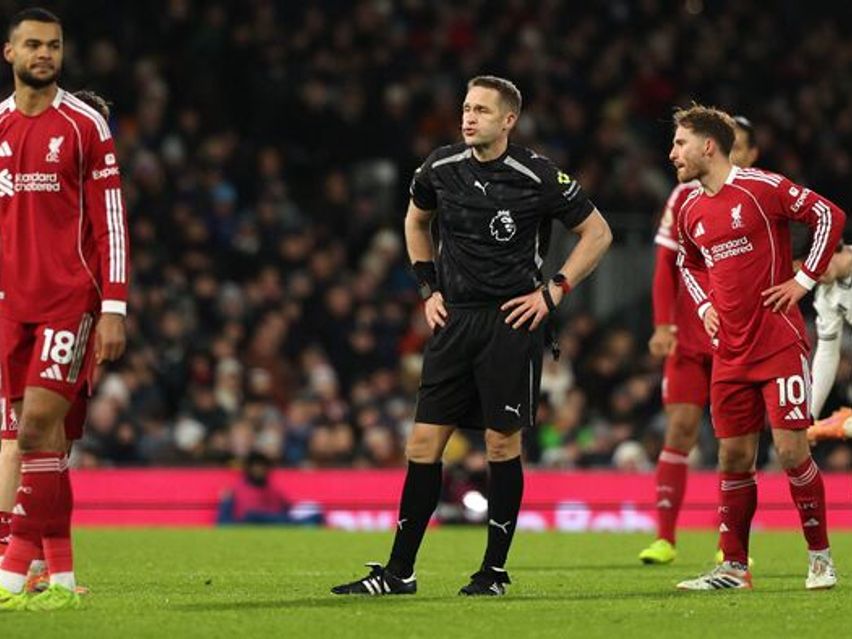Poland – In 2020, Polish Justice Minister Zbigniew Ziobro and his Solidarna Polska (United Poland) party, which is an essential part of the PiS-led United Right coalition’s fragile majority in the Sejm, threatened to walk out of the government if Prime Minister Mateusz Morawiecki accepted the new conditionality mechanism, or rule of law mechanism, sought by the EU. After the July 2020 European Council, which introduced the principle of a mechanism making spending under the 2021–2027 budget and the NextGenerationEU recovery plan conditional on a country’s abidance by the “rule of law”, and then after the December 2020 European Council, which adopted the version agreed by the German Council Presidency with the European Parliament, extending this conditionality to “European values”, Ziobro criticised the Prime Minister in such harsh words that Poles wondered whether the coalition could keep together for much longer. But in the end Poland’s justice minister decided to remain in government, although he continued to warn against the future consequences of this new mechanism, which Poland had given up blocking in order not to delay the receipt of EU funds promised under the multi-annual budget and the recovery plan.
One of the guarantees obtained by Mateusz Morawiecki and his Hungarian counterpart Viktor Orbán at the December 2020 summit was the promise that the new “Regulation of the European Parliament and of the Council on a general regime of conditionality for the protection of the Union budget” would not be enforced before its validation by the European Court of Justice (ECJ) if Poland and Hungary decided to file a case against it, which they did in March 2021.
Unsurprisingly, on 16 February the ECJ validated this new mechanism, despite the doubts it raises in terms of its compatibility with the treaties signed and democratically ratified by each member state. To justify its decision, the ECJ emphasised that the procedure provided for in the regulation establishing this new mechanism “may be initiated only where there are reasonable grounds for considering not only that violations of the principles of the rule of law are taking place in a Member State



















Szóljon hozzá!
Jelenleg csak a hozzászólások egy kis részét látja. Hozzászóláshoz és a további kommentek megtekintéséhez lépjen be, vagy regisztráljon!